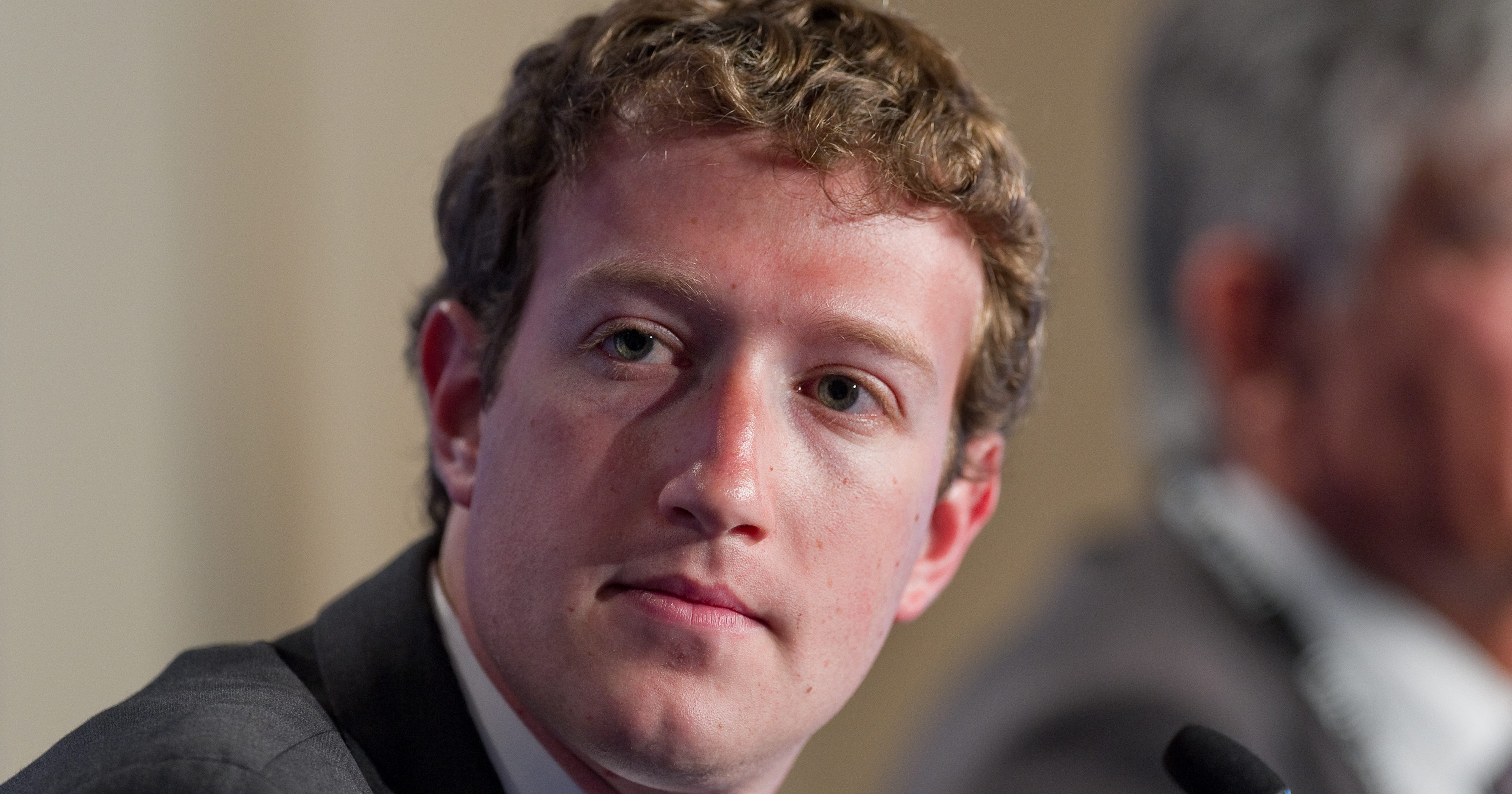April 18, 2018
Mr. Zuckerberg Goes to Washington – and Misses an Opportunity

Mark Zuckerberg likely didn’t begin his congressional testimony in Washington last week hoping to do much more than limit the damage to his company’s tattered image. And, in a testament to the effectiveness of solid media training, he probably accomplished that goal.
But Zuckerberg could have done so much more. He could have elevated the conversation around Facebook, data privacy and the future of the internet.
To be fair, Zuckerberg took a couple of baby steps. He said that his own data was compromised, which effectively humanized a man who badly needs humanization. And he laid plain his company’s business plans (they aren’t changing). But the wunderkind who had the foresight to build one of the world’s most important companies stayed stubbornly locked on the past – and failed to discuss the future, notably how Facebook and other companies can secure the data of billions of people.
Sure, by remaining defensive and focusing all of his energy on the testimony, Zuckerberg made sure he’d get out of Washington alive. But he didn’t fulfill his obligation – the way we see it at Greentarget – to drive a smarter conversation.
We believe that business leaders like Zuckerberg, who have informed and unique perspectives on important conversations, have a responsibility to help their audience better understand those conversations. That was especially true in Zuckerberg’s case – billions of people trust Facebook with their personal data. And yet for all the preparation that Zuckerberg put in, he didn’t realize the opportunity he had, in front of an audience of millions, to address the fears of those who had their information stolen – or are worried they could be next.
At Greentarget, we regularly counsel clients on how to get their message across. In interviews with reporters, published opinion pieces, public speaking and other forums, the same principles apply. Fortunately, Zuckerberg – and indeed a whole host of Silicon Valley executives – will have more opportunities to improve on the communications front.
What Zuckerberg Can Still Do
Zuckerberg is one of the world’s most important business leaders, so he still has a chance to build on what he said in Washington. The best way to do that is to consider what Facebook users want to know. Where is their data? What steps should they be taking? Do they need to worry about this again? Exactly what is being done to address the problem? It all needs to be conveyed in layman’s terms, but with precision.
This might sound obvious. And yet, so many Silicon Valley leaders – who are best positioned to answer these kinds of questions – have remained silent and instead crossed their fingers that Facebook would take the fall, leading to a stalled conversation. Regulators, corporate executives and average Joes simply don’t have the knowledge of Zuckerberg or his counterparts in the upper echelons of Silicon Valley.
How They Should Do It
While there’s no question that a two-day congressional testimony is not the same as a 30-minute interview with a reporter, Zuckerberg applied the concepts and tactics that go into media training – the type we often provide our clients before conversations with reporters. Namely, Zuckerberg stuck to his message, he retained composure and he didn’t answer any question to which he didn’t confidently know the answer. And if we had trained Zuckerberg, we’d have said he almost nailed it – with one exception.
We always tell our clients to leave a reporter with three things at the end of the conversation – and most of the time, the reporter will never have considered at least one of those things before. That’s the definition of driving a smarter conversation. It’s giving new information to someone who is going to put it out in the world for the public’s consideration.
Of course, Zuckerberg probably wasn’t going to conclude his testimony by giving regulatory advice to Congress or laying out detailed technical plans for his company. He has shareholders to answer to, and executives like Zuckerberg might perform better in a less combative environment than Capitol Hill. But he could have explained how Facebook’s approach to data collection will change in the next year.
He didn’t, and that’s too bad. But the good news is that Zuckerberg, even among tech executives, has a massive megaphone. The question is, will he use it – and will others in the valley do the same? Facebook, Google, Yahoo, Amazon and everyone else should focus on sharing their perspectives on technology and data privacy, including their successes and failures. There are questions that must be answered, and there are others that we don’t know we even need to ask.
It’s possible that Zuckerberg limited his testimony to looking backward because he doesn’t know what the future of data will look like. If that’s the case, he and other Silicon Valley executives need to tell us what they don’t know. Simply posing those questions would make this a smarter conversation.









